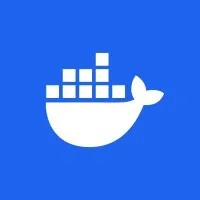[Contract] Senior Technical Recruiter (Eastern & Central Time Zone pre…
DockerFull Time
Senior (5 to 8 years)
Containerization platform for application development
Palo Alto, California, United States

Docker offers a containerization platform that enables developers to build, share, and run applications in isolated environments called containers. These containers package applications with their dependencies, ensuring consistent performance across different stages of development and deployment. Docker stands out from competitors by simplifying the development process and enhancing collaboration, with a freemium business model that includes various subscription tiers and services like Docker Hub and Docker Desktop. The company's goal is to streamline software development and deployment, making it easier for developers to manage applications efficiently.